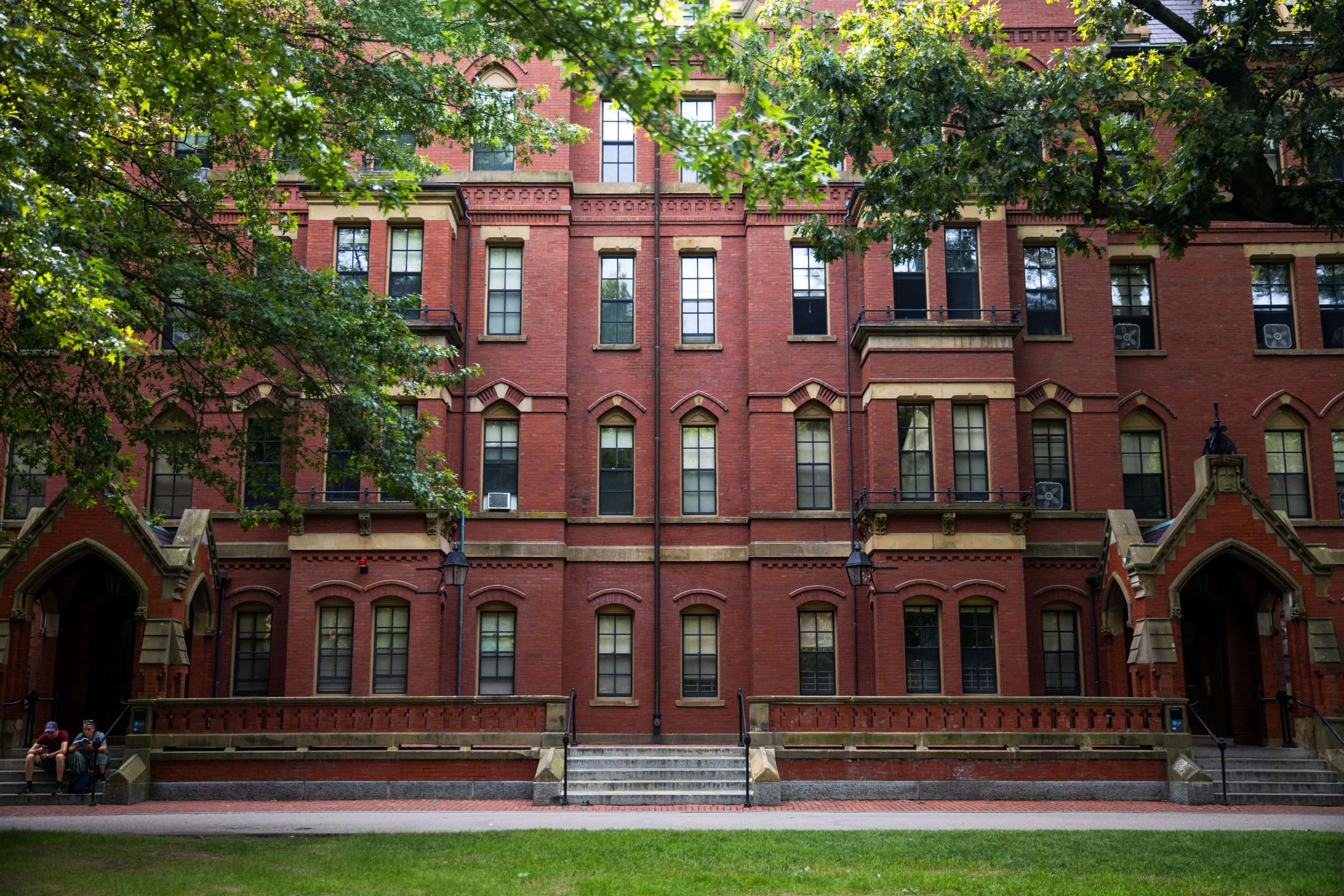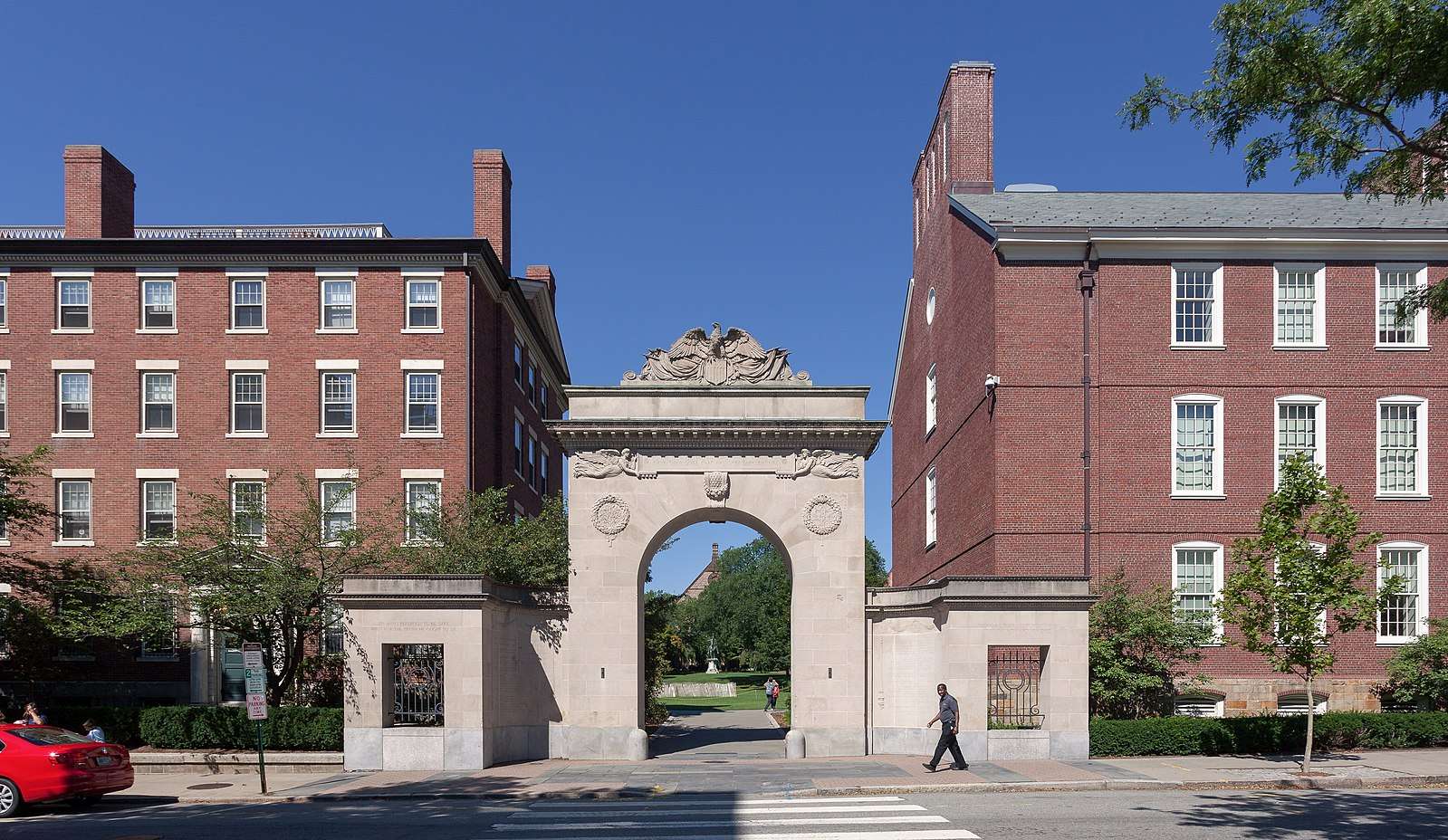The Ivy Coach Daily
Everything to Know About the Harvard Honor Code

So you’ve made it into Harvard University. Congratulations! While the hard part (the getting in) is over, don’t kid yourself that you have carte blanche to do whatever you want from now on. Harvard is not above expelling students who have done wrong, and they take crimes of academic integrity very seriously (just ask their former president, Claudine Gay!). Any Harvard student will tell you that the Honor Code is the one line you don’t cross at this storied institution. What’s the Honor Code, you ask? It’s a brief statement that students must abide by when completing every last assignment, exam, presentation, or paper. It dictates that no cheating whatsoever is allowed within the Harvard community. But that’s Ivy Coach’s way of putting it. Let’s take a look at Harvard’s way:
The Harvard College Honor Code:
Members of the Harvard College community commit themselves to producing academic work of integrity – that is, work that adheres to the scholarly and intellectual standards of accurate attribution of sources, appropriate collection and use of data, and transparent acknowledgement of the contribution of others to their ideas, discoveries, interpretations, and conclusions. Cheating on exams or problem sets, plagiarizing or misrepresenting the ideas or language of someone else as one’s own, falsifying data, or any other instance of academic dishonesty violates the standards of our community, as well as the standards of the wider world of learning and affairs.
As you can see, the Honor Code doesn’t leave much room for gray areas. Or does it? What, exactly, counts as a violation?
What Violates the Harvard Honor Code?
The tricky thing about academic integrity is that everyone has their own definition of it. A faculty member might think consulting your notes during an exam is cheating, while the student taking the exam might point to some ambiguity in the directions that led them to believe it was okay. Cheating on exams, plagiarizing work, and forging academic records are all examples of instances that could violate the Honor Code.
However, most academic disputes are solved in the classroom and don’t bring the weight of Harvard University down upon the student or faculty member in question. However, once things escalate and the Harvard Honor Council gets involved, the entire bureaucratic machinery of Harvard University is brought down upon the situation. A formal adjudication process begins, university officials are brought in, and the accused had better shore up their case or risk severe disciplinary consequences, ranging from academic probation to even a requirement to withdraw. Yikes!
The Honor Code Gray Area: A Case Study
As one can imagine, the Honor Code has not come without its fair share of controversies — case in point: the Winklevoss Twins and Mark Zuckerberg. Back in the aughts, when these silver spoon-toting Harvard athletes invoked the university machinery to allege Zuckerberg had plagiarized The Facebook from their idea, they weren’t met with the sympathetic response they had hoped. In fact, Larry Summers, Harvard’s president at the time, dismissed their case entirely. He even went as far as referring to them with very choice language in a public forum years after the fact when remembering this incident.
The Winklevoss twins remain adamant that Zuckerberg stole their idea, and even refused a $65 million settlement based on this principle!
Perhaps start-ups don’t fall under the purview of an academic institution. Or possibly Summers just simply hated the Winklevoss twins. Either way, this situation demonstrates that academic and collegiate integrity are matters of interpretation, and Harvard isn’t always necessarily going to side with the accuser.
Bureaucracies will always be flawed, and justice does not always prevail. That’s why we at Ivy Coach recommend that current Harvard students and those at pretty much any elite institution tread very lightly regarding academic misconduct (by which we mean, don’t do it at all!). One wrong move and you could be left without a degree, without any job prospects, or worse — a cultural laughing stock!
You are permitted to use www.ivycoach.com (including the content of the Blog) for your personal, non-commercial use only. You must not copy, download, print, or otherwise distribute the content on our site without the prior written consent of Ivy Coach, Inc.
TOWARD THE CONQUEST OF ADMISSION
If you’re interested in Ivy Coach’s college counseling, fill out our complimentary consultation form and we’ll be in touch.
Get Started




